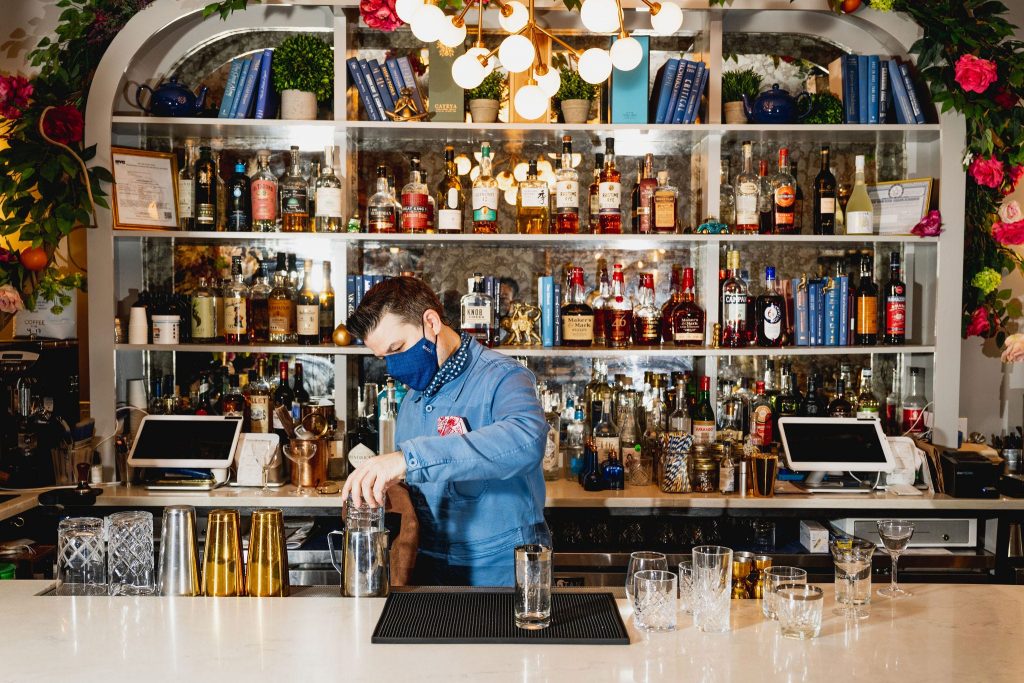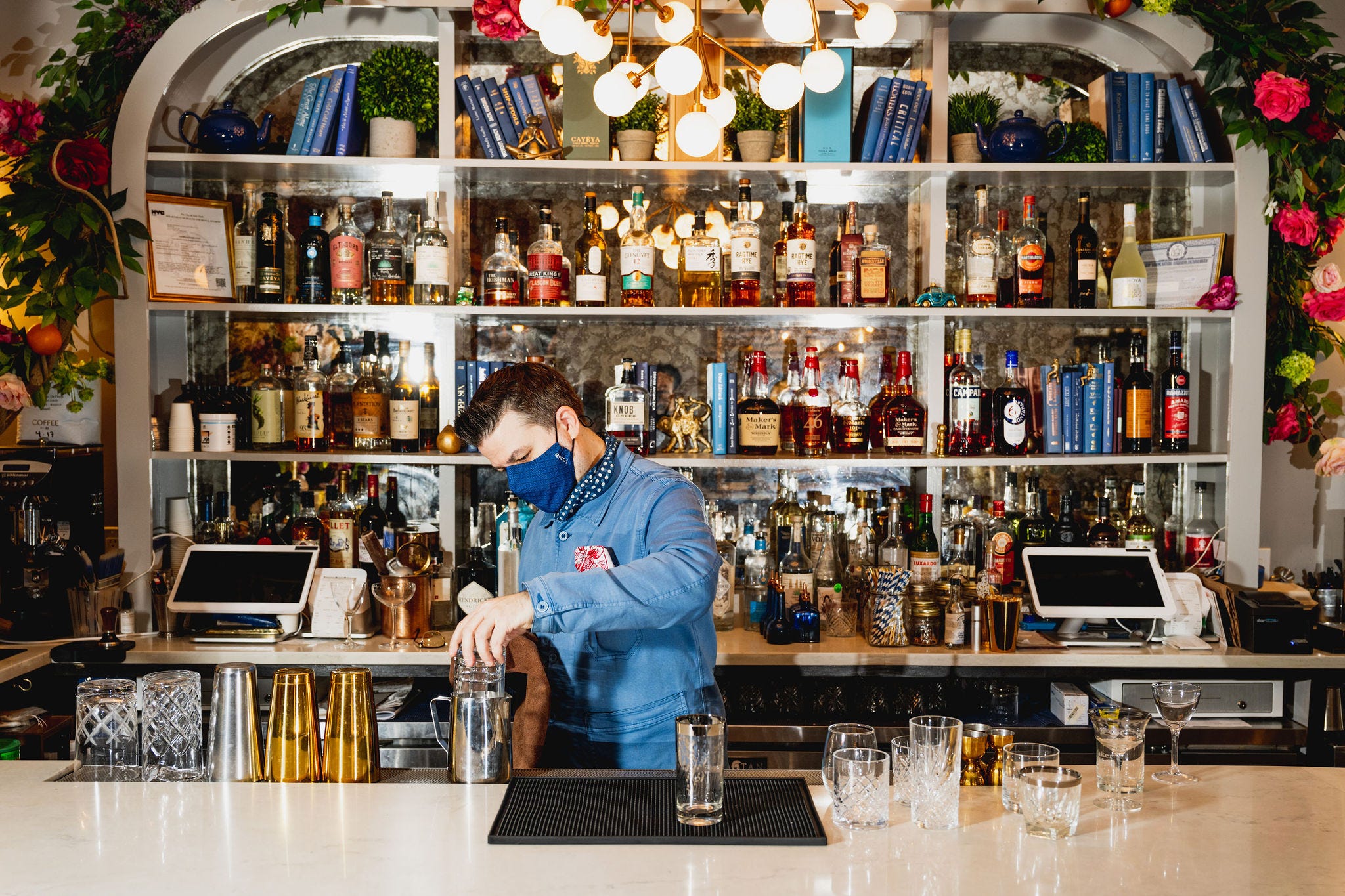
Festivál Cafe
- New York City will soon require proof of vaccination for indoor activities like dining and gyms.
- The new rules are set to begin August 16, while enforcement will begin on September 13.
- Some business owners aren't thrilled, while others were already enforcing vaccinations.
- See more stories on Insider's business page.
New York City is now requiring residents to show proof they've received their COVID-19 vaccine before entering indoor venues such as restaurants and gyms – potentially limiting 40 percent of New Yorkers from engaging in these activities.
The city's new vaccine ordinance is set to begin on August 16 with enforcement beginning September 13. It's the latest in a series of measures Mayor Bill de Blasio has taken to increase vaccinations in the city – such as offering a $100 cash incentive and requiring city employees to get vaccinated or take weekly COVID-19 tests.
The business community's reaction has been varied. Some business owners already see holes in the plan, while others have been mandating vaccines for a while now.
"Why do you need proof of vaccine to exercise or eat but not to get on a crowded bus or subway?" Tyler Hollinger, the owner of Festivál Cafe in Manhattan, told Insider.
Joey Foley, the owner of Pedal House luxury spin studio, has already asked that only vaccinated city residents attend classes and plans to do the same for his soon-to-open Punch House fitness studio.
"We probably lost people, but in all honesty, I have a family to provide for and bills to pay," he said. "And to be honest, our clientele loves how strict we are."
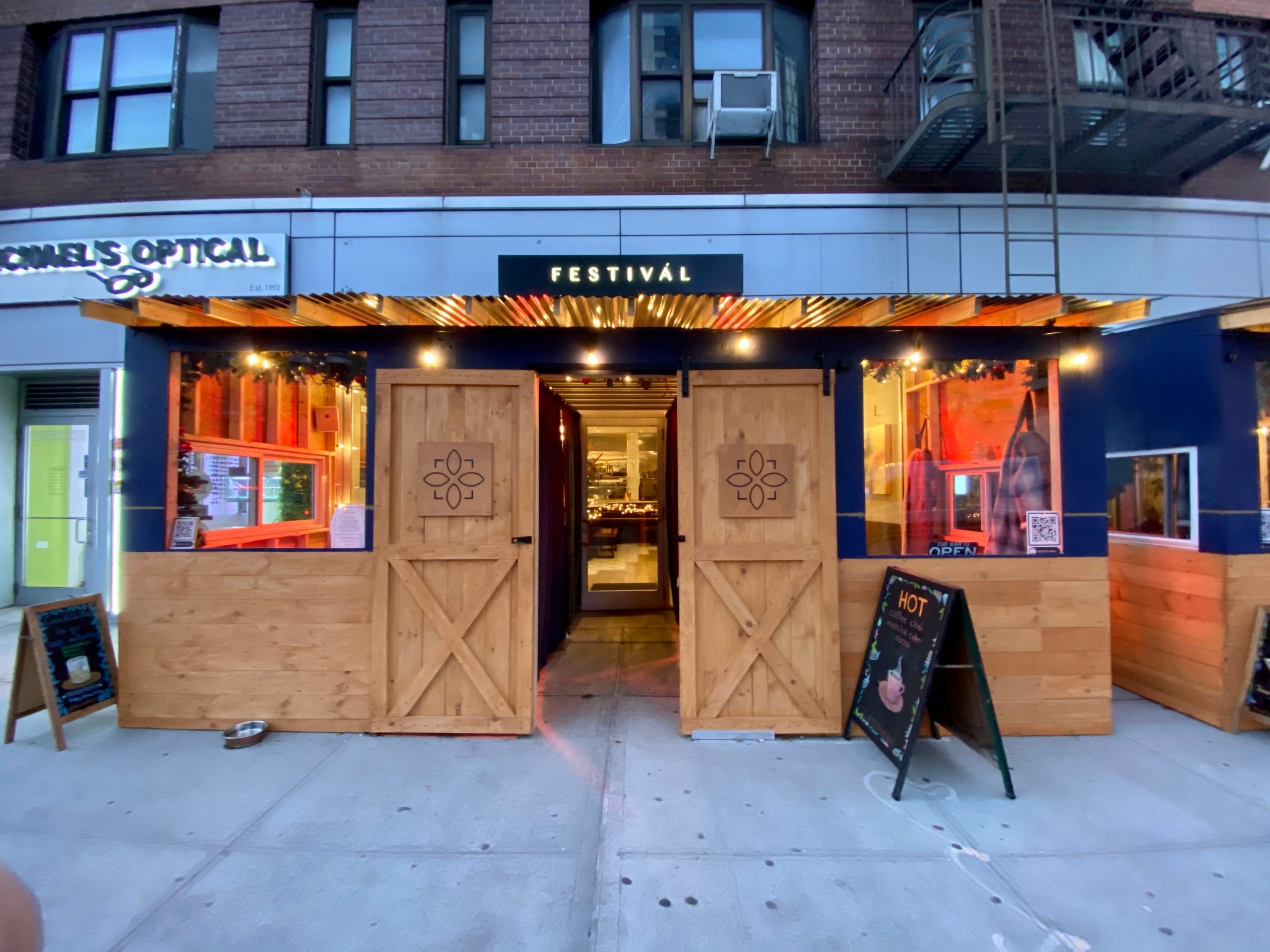
Festivál Cafe
For Hollinger, the concern around the nationwide rise in COVID-19 cases has already begun to negatively impact his cocktail bar and restaurant. He's not afraid to lose business because of unvaccinated people not being able to dine at Festivál - but instead because people are fearful of the virus.
"It seems to me that whenever there is a COVID scare, the hospitality industry is first to feel the effects," Hollinger said. "This pre-emotive panic has already had dire consequences; we have had a 30% dip in business last week and it's even slower this week."
Despite this, for Hollinger, the choice to get the COVID-19 vaccine is a personal choice that shouldn't be mandated by the government. However, all of his restaurant employees are vaccinated and choose if they'd like to wear a mask.
"Masks are a personal risk assessment," he said. "It's a choice. The vaccine is highly encouraged, and everyone should take advantage of this miracle drug, but no one should be forced to inject themselves. This is mismanaged public health strategy and will ultimately only hurt small business by limiting who can enter your business."
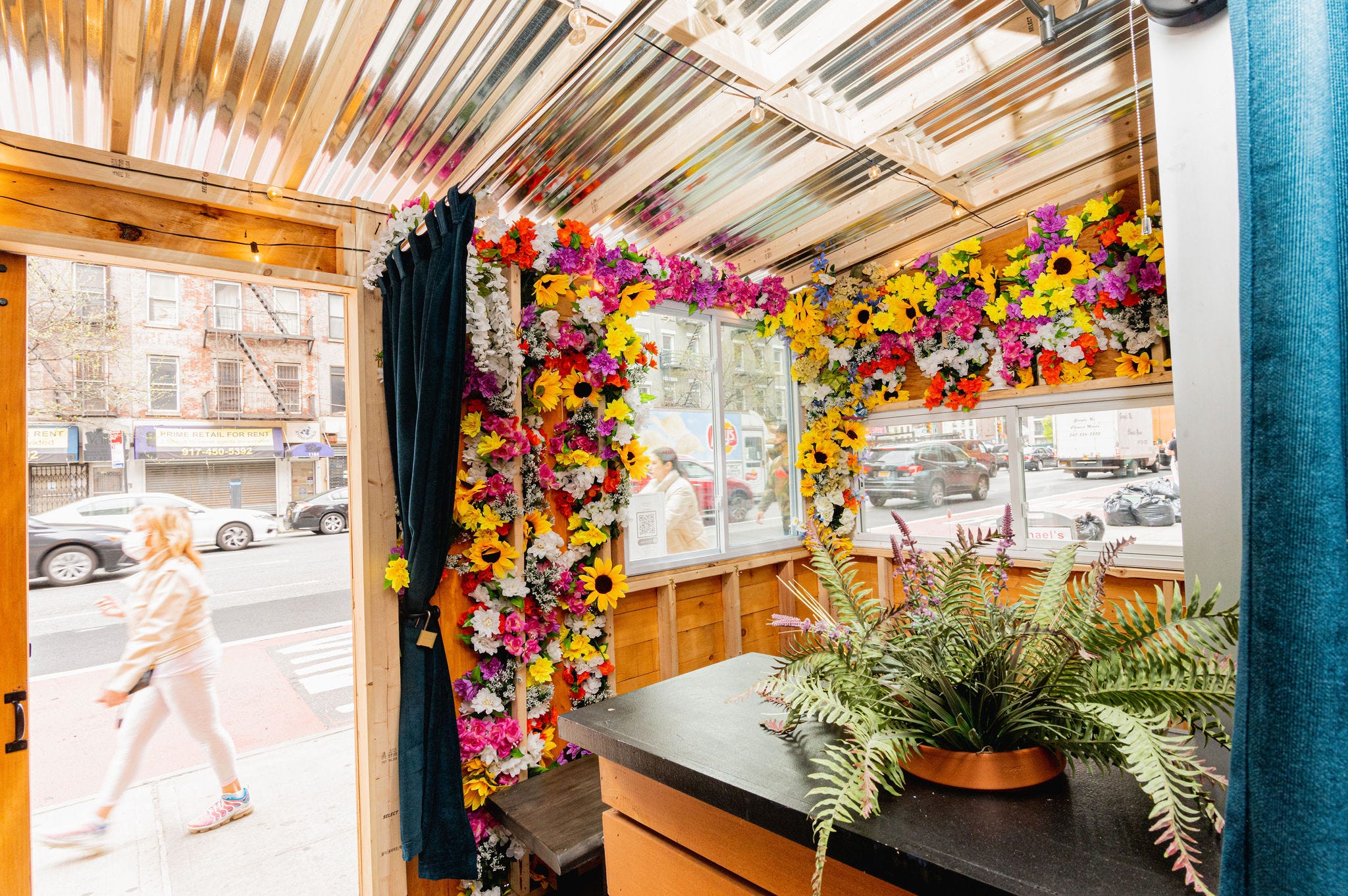
Festivál Cafe
He also argues that the impact could be dangerous - with both vaccinated and unvaccinated people still gathering in other parts of the city, and potentially only gathering with those that share their vaccination status.
"Will we just then allow only the vaccinated to gather with other vaccinated and the unvaccinated to gather with the unvaccinated?" Hollinger said. "That seems really dangerous if we are trying to not have a super spreader event. The safest place for the unvaccinated to be is with vaccinated people."
Hollinger said this also adds additional pressure to the restaurant by forcing employees to enforce controversial mandates.
"If the state wants private business to do the policing, then they should compensate us to do the government's job of policing," he said.
The restaurant plans to begin implementing the new policy on September 13 but would like for the new mandate to operate on an honor system.
"Why would someone who is unvaccinated want to enter a restaurant and put themselves at risk?" Hollinger said.
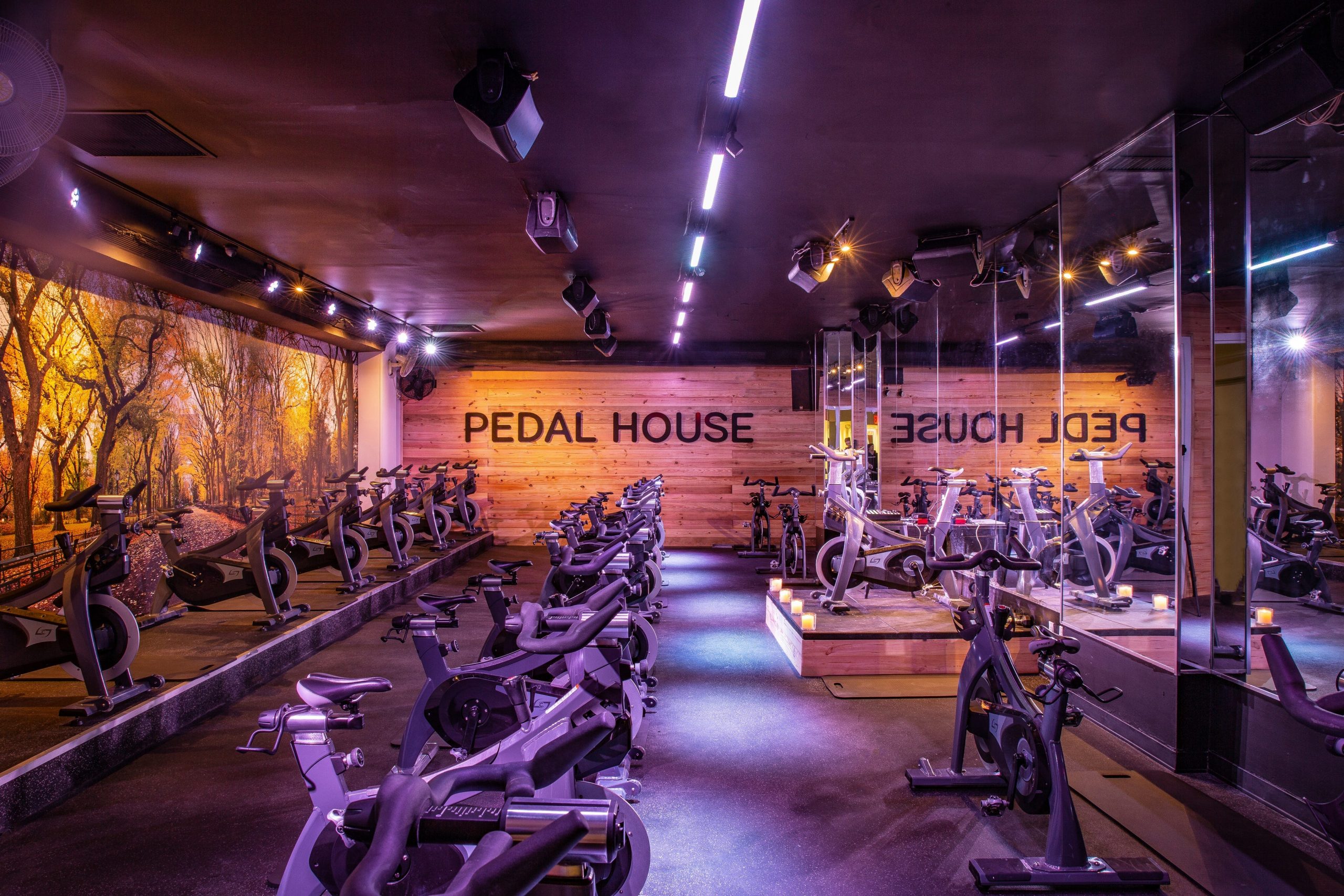
Pedal House
Foley's response to the new mandate was simple: "At the end of the day, we all want to live our lives."
"There are valid points to everyone's argument," he said. "At Pedal House, we require everyone to be fully vaccinated since vaccines became readily accessible to all New Yorkers."
This allows the studio to be at full occupancy without social distancing or masks, and so far, he's had success implementing the policy.
He said that in the first couple of weeks the protocol slowed business, but since mid-May he's had a wait list for every class. For him, it makes sense from a cost perspective.
"I am a bit lost on why anyone would want to make less money with fewer people," he said. "There are so many things that I see other companies not doing and I am in utter shock at how people are still invested in them."
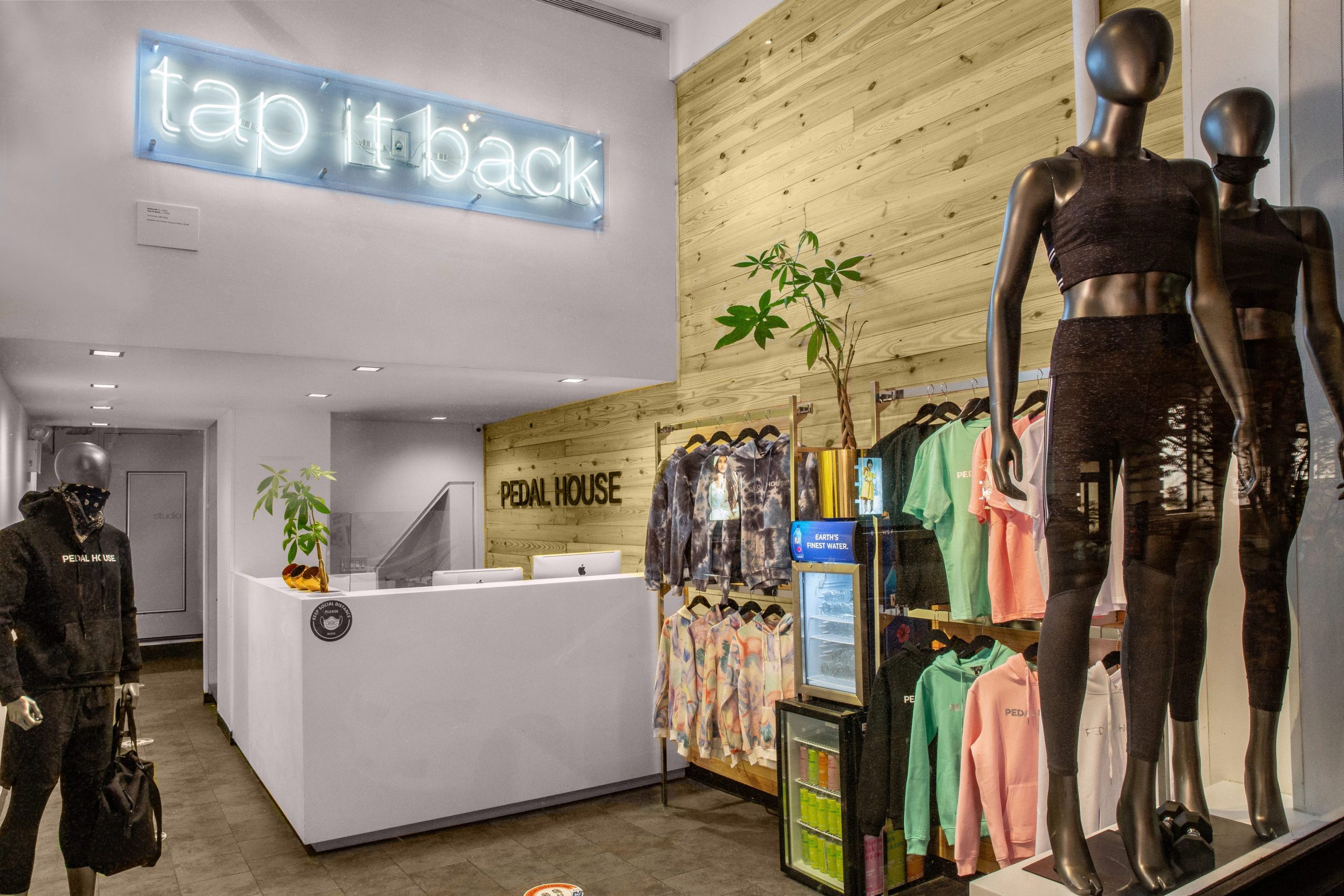
Pedal House
"My wife and I would rather have a packed class of 40 to 50 people instead of 15 to 20 people; giving up nearly 20 to 30 spots at $45 a spot does not make sense to have a 50% occupancy," he said. "The energy is next level. You can't reproduce this with a screen either. This is NYC - rental prices are astronomical every square foot matters."
He sees the vaccine as necessary to move past the pandemic and believes that they will become mandatory soon.
"This current situation is not just short-term turmoil; it is generational turmoil that will affect so many for a long time," Foley said. "The pros simply outweigh the cons.
"Regardless, this is going to affect anyone and everyone for a while. We are already over a year in, and it is still destructive. The situation is not ideal, but we need to get back to normalcy."
